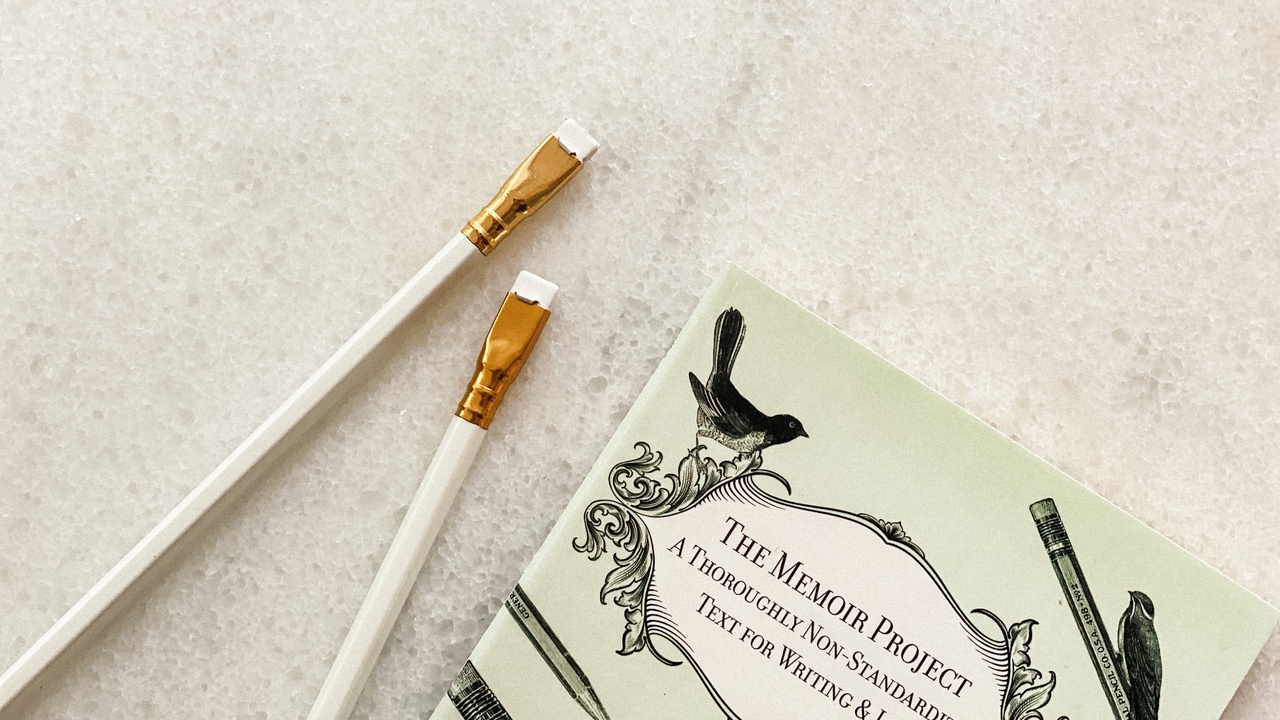How to Write Your Hard Story Without Oversharing
Aug 10, 2020
Continue Reading...
“Telling the truth matters even when it involves hard questions.Showing up even when it’s difficult often gives strength for others to show up as well.”
—Michele Cushatt
Good news! If you write nonfiction, you are already equipped with all of the raw material you need to craft a unique, i...
How to Write Memoir
Aug 03, 2020
Continue Reading...
One of the most common hazards you may face as a writer of memoir is the temptation to write your story as if it’s a daily journal entry. When we sat down with memoirist and writing coach Marion Roach Smith, she reminded us that a memoir is not a diary, and recommended we consider the needs of our r...



